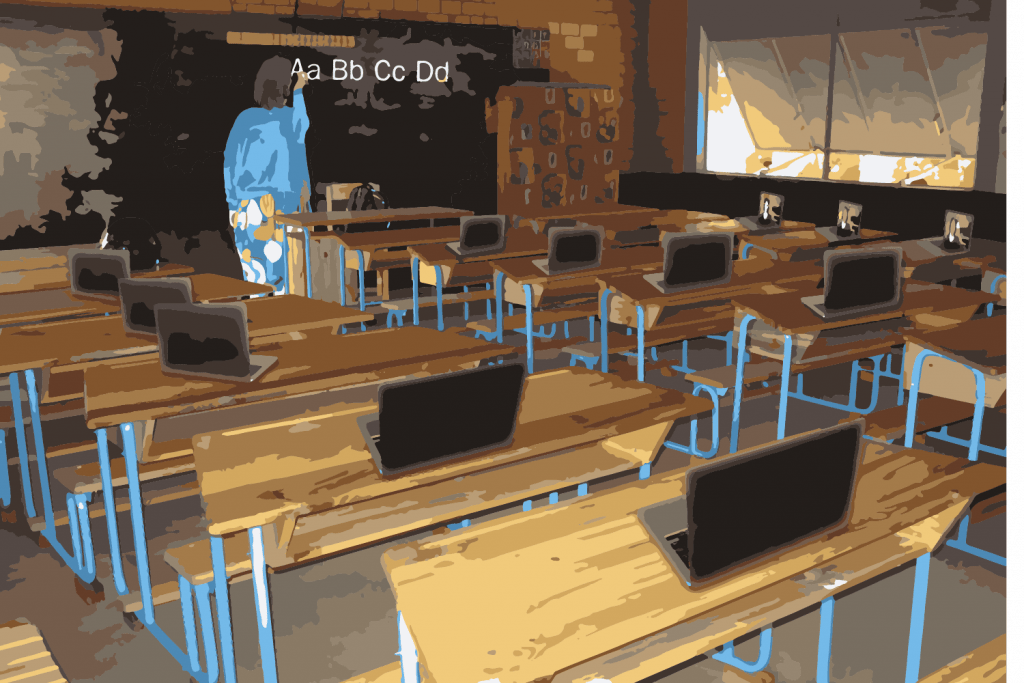We use cookies to improve your experience with Monash. For an optimal experience, we recommend you enable all cookies; alternatively, you can customise which cookies you’re happy for us to use. You may withdraw your consent at any time. To learn more, view our Website Terms and Conditions and Data Protection and Privacy Procedure.
COVID Policy Lessons
Published on February 10, 2022 COVID-19 has fundamentally changed the way the world operates. : Michael Joiner, 360info
COVID-19 has fundamentally changed the way the world operates. : Michael Joiner, 360info
By Bill Condie, 360info
COVID-19 has fundamentally changed the way the world operates.
Millions of workplaces and education centres were closed, staff and students forced to work remotely. For many people, the arrangement was exceptionally challenging, juggling full-time work, home schooling and increased domestic duties.
Women, in particular, shouldered a disproportionate share of the burden. The economic downturn enhanced income problems for large portions of the global population. Healthcare, already under pressure, moved to crisis mode.
Existing inequalities became exacerbated, and sometimes COVID brought out the worst of humanity, emphasising society’s fracture lines.
But amid the doom, came kernels of hope. In some documented cases, policy responses to the pandemic actually reduced inequalities. These may provide lessons for the world when we emerge from the pandemic, demonstrating a pathway to a more equitable future.
REALITY CHECK
More than 1 billion children are at risk of falling behind due to school closures aimed at containing the spread of COVID-19 (UNICEF).
As of 19th December more than 37 million students were learning from home. At its peak, more than 1.1 billion students were forced from the classroom (UNESCO).
In OECD countries, more than 80% of people have internet access. This compares with less than 20% in sub-Saharan Africa (Our World in Data).
Women were hit harder by the pandemic in Australia. They represent 53 percent of people employed in directly affected industries and 65 percent of workers in secondarily affected industries. (HILDA).
Telehealth appointments rocketed to 78 times higher in April than in February 2020. They have since stabilised at 38 times the pre-pandemic rate (McKinsey).
BIG IDEAS
Quote attributable to Tania Dey, Research Economist at the South Australian Centre for Economic Studies (SACES) at the University of Adelaide:
“Investing in childcare pays off for governments. Universal childcare would cost the Australian government A$12 billion, but boost GDP by A$27 billion.“
Quote attributable to Michael Phillips is the Associate Professor of Digital Transformation in the Faculty of Education, Monash University:
“Online learning during COVID was reportedly “hell” for many parents and teachers. But for tens of thousands of students around the world, attending face-to-face classes is not an option, even when a pandemic isn’t occurring.”
Quote attributable to Yong Zhao, Foundation Distinguished Professor in the School of Education at the University of Kansas:
“If remote learning can take place globally, there is no need to constrain students to the traditional classroom where teachers are the only knowledge authority. Students could personalise learning based on their own interests and strengths using globally available resources. A student in Vietnam could join a French classroom for language lessons; or an Australian student could join a Japanese art class.”
PERSPECTIVES
Women, given equity, can drive Australia’s economic recovery
By Tania Dey, University of Adelaide
The pandemic recovery provides an opportunity to address Australia’s gender wage gap and boost GDP at the same time.
Community groups key to multicultural health messaging
By Delvin Varghese, Monash University
COVID-19 has exposed the massive communications gap between governments and diverse communities, but it has also seeded a solution to it.
The classroom of the future may be truly global
By Yong Zhao, University of Kansas
COVID-19 forced schools online. The lessons this delivered educators could drive an education transformation.
Classzoom: how online learning can work
By Michael Phillips, Monash University
Giving an effective online lesson is a specialised skill. Understanding what works has led to successful online schools.
Four simple lessons for effective online schooling
By Thomas Chiu, Chinese University of Hong Kong
A survey of teachers, parents and students in Hong Kong has found students struggle to have meaningful digital learning without emotional support from teachers.
Originally published under Creative Commons by 360info™.






